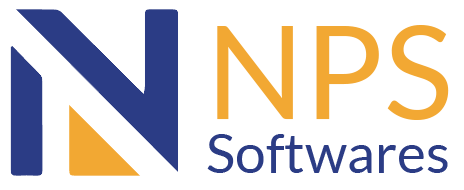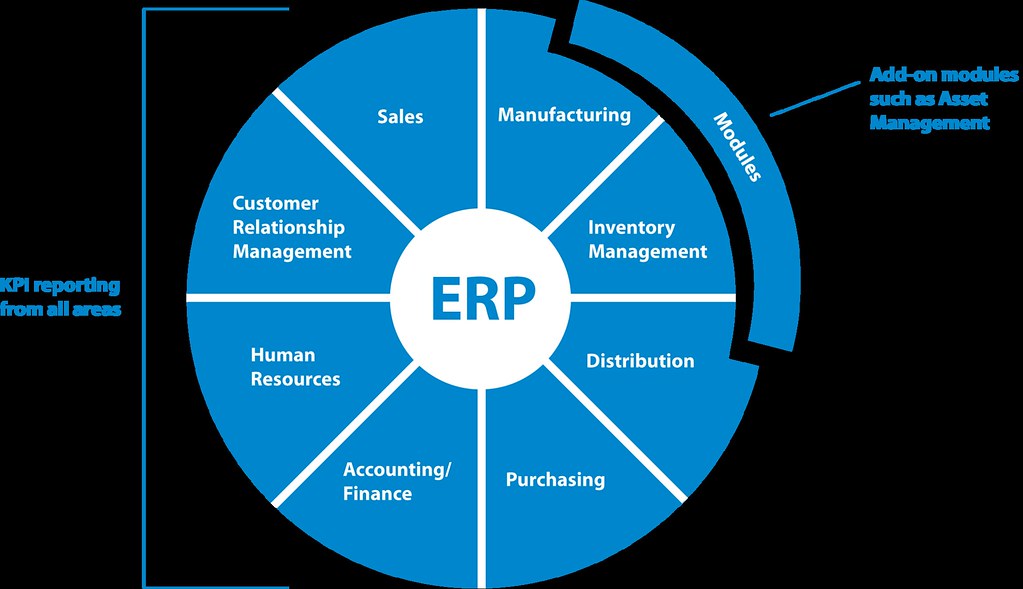Hire an ERP architect in USA in 24 hours
Amid the fast-evolving business landscape, company’s effort to tabulate the most effective ways of
working by simplifying the operations, cutting the unnecessary procedures and increasing the efficiency.
In this way the enterprise resource planning systems have seen the light of the day that have been
coming into existence and they are being the most useful tools in solving these particular issues as a
result of their integration of different business functions on a centralized platform. Skill, experiences of
ERP Solution Architect are among the key factors that touch success of ERP implementation. In this
discourse we not only clarify the highly important position of ERP Software Solution Architect but also
show in details how their expertise simplifies business processes.
First of all, let me walk you through the basics of An ERP Solution Architect before going into much
deeper understanding of it platforms. The integrated ERP software is the holistic solution that seeks to
collapse and align ERP operations to the real-time processing of funds, human resources, supply chain,
and customer management these tools provides a common data infrastructure which allows
management to take well-researched, coordinated, and dynamic decisions. Our experts can deliver a
Custom Additional Vehicles for Mobility essay tailored to your instructions. The given sample essay
belongs to Business studies.
ERP Solution Architect is basically the person who provides the strategic advice as well as technical
expertise but the specific responsibility of this person is to design, implement and optimize ERP solution
to meet the diverse needs of an organization. Their role encompasses a diverse range of responsibilities,
including: Their role encompasses a diverse range of responsibilities, including:
ERP Solution Architect is responsible for teamwork in the number of departments and for analyzing the
business objectives, processes as well as existing pain points. By knowing their customers' requirements,
they make a detailed assessment of their capabilities and establish the functionalities and features
needed to tackle the organizational concerns.
Expertise in ERP systems and best-practice-for industries forms the basis of a customized solution
architecture that matches the organization's goals. Among the key considerations is determining which
ERP modules to use as well as the development of data structures, workflows, and integration points to
ensure that data flows smoothly throughout the enterprise.
With the solution design being the last but the most critical step, the Solution Architect ensures a
proper configuration and customization of the ERP system to meet the organization’s very specialized
needs. It means specifying the role of users, access rights, workflows, reports and dashboards that are
used to help business processes more effectively and efficiently.
There are lots of programs in the cloud that stand alone, so nowadays, a good integration with the
third parties and inheritance applications is becoming particularly significant for ERP success.
Coordinated by the Solution Architect, ERP with its pre-existing systems run in perfect symbiosis
guaranteeing data impeccability, interoperability and euphoria of performance across the corporation
and its departments.
The ongoing instrumental connection and optimization are actually imperative for getting the most
from an ERP investment. The Utility Architect, by using complicated analytic tools and tracking metrics,
is able to locate bottlenecks, improve systems' design, and help the performance by increasing the
overall system's performance.
Most of the time implementing ERPs involves huge managerial changes which may result in
reorganization of workflows, shifting job role or responsibilities. The Solution Architect acts as the
central point responsible for introducing change management initiatives, prompting training, guidance
and support to all potential users under the completion of the ERP system.
The process of forming the ERP system requires regulatory compliance and standards' adherence to be
a top priority. The Solution Architect therefore sets up watertight governance mechanisms, security
measures, and audit trails in order to, first and foremost, protect information and, secondly, to oversee
the compliance of state regulations.
The ability to get ERP systems working well, for example, SAP, Oracle, or Microsoft Dynamics, is good. In
addition, having skill to implement and configure ERPs.
Having the skills of converting business needs to technical solutions, at the same time gaining an in-
depth understanding of how the industry operates functions, applies and improves a business.
However, communication skills, as a cornerstone of stakeholders' relationships, workshops' facilitation,
and presenting complex technical concepts effectively in an explicit and understandable manner are
important.
The capacity to analyze complicated business problems, identifies the real causes, and develops it into
solutions that will fix the problem of the organization.
A skill set encompassing: project management methodologies, risk assessment, are able to allocate
resources, and milestone tracking contributing to timely and budget-compliant ERP implementations.
In brief, ERP Solution Architect is at the center of the process of simplifying business processes which are
difficult while at the same time designing, implementing, and optimizing ERP solutions that cater for
specific requirements of a specific organization. By leveraging their position as consultants,
professionals, and partners, ERP Solution Architects enable their enterprise clients to maximize ERP
systems and achieve a lasting growth in an evolving economy.

